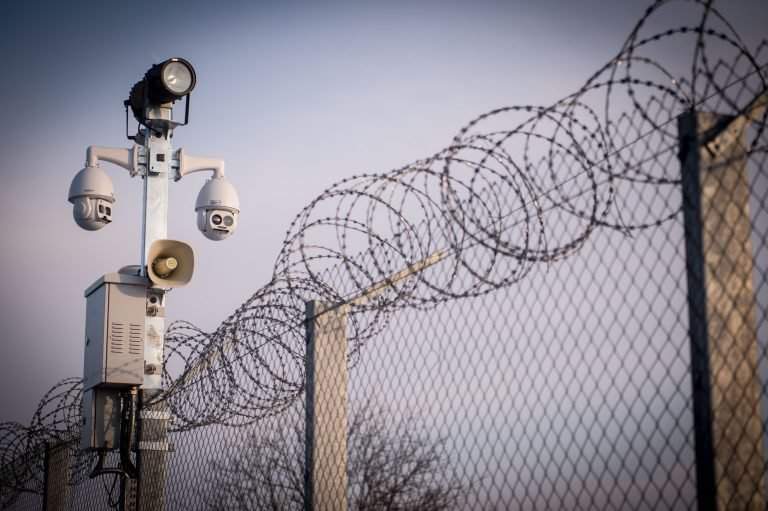Schengen
Commission on legal border barrier begins work in Hungary

Government decries NY Times article on Hungary transit zones

Getting from Hungary to Croatia got easier, but still slow

Hungarian president Áder discusses Croatia-Hungary ties with counterpart – UPDATE

Orbán’s advisor: Public survey needed because Brussels, Budapest disagree on migration

Hungarian interior minister visits local transit zone -Photos

Brussels wants to punish Hungary over migrant issue, says government official

Government: First experiences of reinforced legal border closure are positive

Orbán, Poroshenko discuss dual citizenship of Hungarians in Ukraine

Hungarian ruling parties reject allegations of police violence against migrants

Europe getting closer to sensible migration policy, Orbán says at V4 summit

Migration, security global challenge, European commissioner Avramopoulos says in Budapest

Strasbourg court bans Hungary from confining eight migrant children, pregnant woman – UPDATE

Defence minister opens new barracks on southern border

Escape of migrants from guarded accommodation in Kiskunhalas may have been organised

Government: Political attacks levelled at tightening of legal border closure

Orbán: Flow of migration has ebbed but not over

Hungary rejects allegations of police violence against migrants – UPDATE





 ZH
ZH IT
IT DE
DE HR
HR NL
NL FR
FR JA
JA RO
RO RU
RU ES
ES TR
TR
